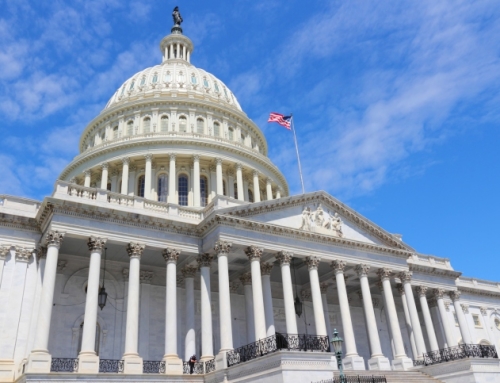Developments are underway in Europe: Spain is proposing a “digital nomad” worker visa to lure remote workers to its shores, while the UK is reviewing its visa scheme to help ease the talent shortage.
Spain’s proposed “digital nomad” worker visa. With the rise of remote working, many contingent workforce programs have come to view it as a way to widen access to talent, along with a host of other benefits.
Meanwhile, the Spanish government is looking to benefit by bringing remote workers for non-Spanish companies to take up temporary residence within its borders. Its digital nomad visa scheme would allow foreign workers employed by companies outside of Spain to stay and work in the country for a period of up to 12 months, with the possibility of extending for up to five years.
While details for the digital nomad visa are still being ironed out, it is expected that the visa will allow foreign employees from Non-European Economic Area countries to apply or employees who have an income with less than 20% earned from Spanish companies. Applicants also have to demonstrate they can work remotely for at least a year and have a contract of employment or, if they are freelancing, have been regularly employed by a company outside of Spain.
The new visa is part of the country’s “Startup Act,” which aims to help boost talent and investment in the country.
The Spanish government is also expected to offer tax breaks for digital nomads who are working and living in the country under the new digital nomad visa.
Spain aims to approve to the law by the end of the year. If the new visa is approved, Spain will join a number of other European countries with digital nomad visas.
While managers may have list of worries when it comes to allowing their contingent workers to work remotely in other countries, Spain’s digital nomad visa aims to make it easier for businesses to navigate the tax and legal concerns associated with remote working.
UK to review foreign worker visa. Amid the country’s ongoing talent shortage, the UK prime minster is reportedly set to review the shortage occupation list which would allow certain industries to bring in more talent from overseas.
According to a government official, planned changes to the shortage occupation list will see a loosening of the requirement to speak English in certain sectors in order to help fill gaps in the labor market.
The Guardian reports that Prime Minister Liz Truss has also signaled that she intends to lift the cap on foreign workers in seasonal agriculture as part of the visa scheme review.
Labor rights experts have expressed concern over the lifting of this cap as they suggest workers could be at risk of modern slavery and other workplace abuse and have called for greater regulation with the lifting of the cap.
Sara Thornton, a professor of modern slavery policy at the University of Nottingham, told The Guardian, “We need to ensure that they’re not subjected to recruitment fees, we need to ensure that they don’t come here in debt bondage and that they’re able to have a contract in their own language and to report concerns.”
Last year the UK government announced the creation of a comprehensive workplace watchdog that assumes responsibilities for tackling modern slavery, enforcing the minimum wage and protecting agency workers.









